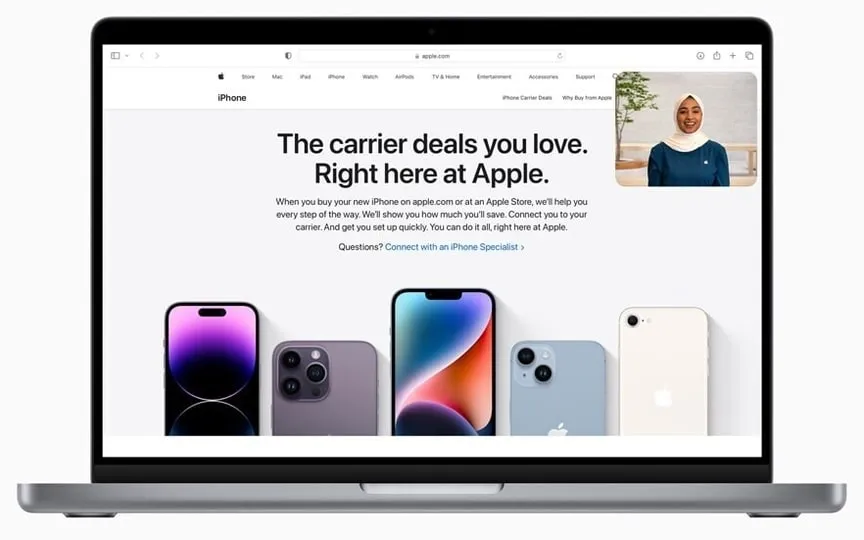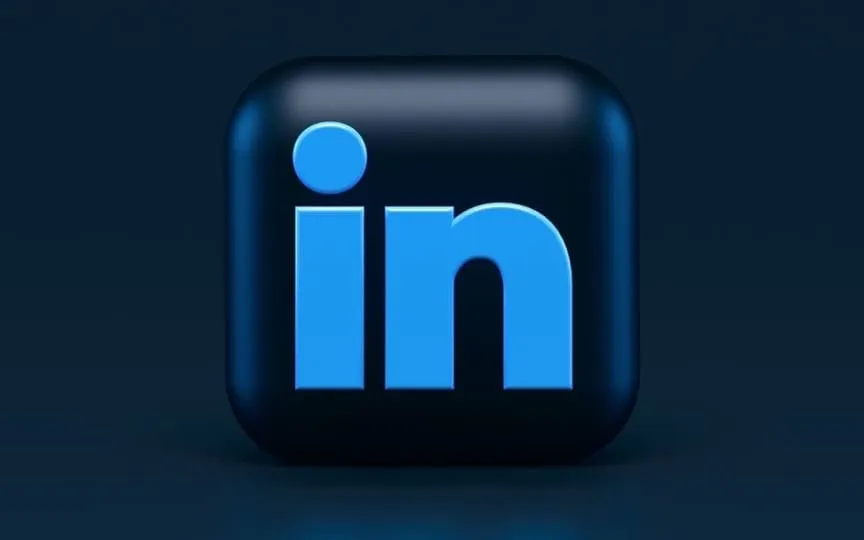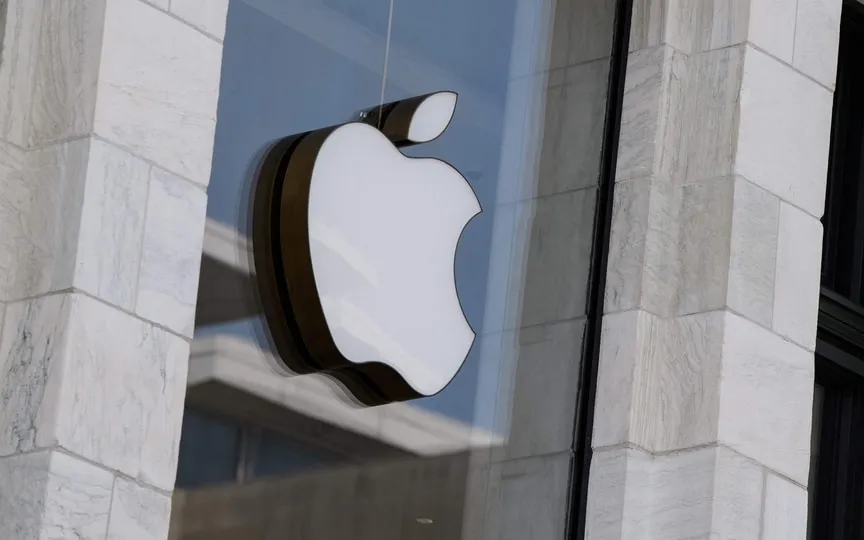Critics Criticize Microsoft’s Selection of Exclusive Video Games
US officials are taking legal action to prevent Microsoft Corp. from acquiring Activision Blizzard Inc. for $69 billion, claiming that the tech company’s previous acquisitions indicate a desire to monopolize popular video games and exclude competitors.
Microsoft routinely distributes its video games to multiple consoles, but with its 2020 purchase of gaming conglomerate ZeniMax Media for $7.5 billion, the company put even more emphasis on exclusive top games.
As the Federal Trade Commission seeks to block the Activision merger in court, the agency cited the ZeniMax deal to poke holes in Microsoft’s claim that the acquisition is good for the industry and question its intention to bring more games to multiple platforms.
Starting with the ZeniMax purchase, Microsoft made Redfall, Indiana Jones and the role-playing game Starfield exclusive to its Xbox and Windows platforms, which FTC officials say could signal a new strategy. Microsoft has traditionally relied less aggressively on exclusive products than rival Sony Group Corp., but has recently struggled to break through.
In particular, regulators and competitors say Microsoft is motivated to put rivals at a disadvantage by prioritizing Activision’s best-selling shooter Call of Duty in its own ecosystem — even though the company has promised to share the game with Sony and Nintendo Co., which dominate the console business.
While Sony and Nintendo have historically released their own games exclusively for their respective consoles, Microsoft’s head of games Phil Spencer has criticized the walled garden over the years.
Microsoft publishes many games from its dozens of studios, including Minecraft, for Sony’s PlayStation and Nintendo’s Switch. Its own ecosystem includes Xbox, the Xbox app on Windows, and the Game Pass cloud gaming service that streams to phones, computers, smart TVs, and tablets.
It has also kept some homegrown crown jewels like the Halo franchise and Forza Horizon away from competing consoles.
But federal officials suggest that Microsoft’s strategy changed with the purchase of ZeniMax. Spencer testified last week that Microsoft moved to buy the company when it learned that Starfield was skipping Xbox.
ZeniMax CEO Pete Hines protested the decision in an email to colleagues that was shared in court. Hines asked if Microsoft’s promises to keep Call of Duty multiplatform “were the opposite of what we were just asked (told) to do with our own titles? What’s the difference?”
“Microsoft’s own strategy could not be clearer,” FTC attorney James Weingarten said last week. “Exclusive content is critical to selling more consoles and getting more subscribers.”
Spencer rebutted his testimony, saying it would be wrong to infer that the company’s plan was to make games only for its platform. He also said that “We can’t be a third-place console where we fall further behind in our content ownership, so we’ve had to secure content to stay viable in the industry.”
“The logic is that by making things exclusive, you encourage people to buy into your platform ecosystem, so the returns are downward,” Joost van Dreunen, a lecturer at New York University’s Stern Business School, said in an interview.
Throughout its regulatory battle, Microsoft has consistently said that Activision’s control and distribution of content creates positive effects on the gaming industry. Spencer has promised to keep Call of Duty on Sony consoles and move them to Nintendo consoles as well.
Van Dreunen said Sony has been “better able to use its exclusive content to its advantage.” Microsoft has acquired a number of game studios, but has recently struggled to achieve a hugely successful first-party game.
Recently, Redfall has received widely negative reviews.
“I would favor it straight to Microsoft’s third position in the console market,” van Dreunen said.
Harvard economics professor Robin Lee, an expert witness for the FTC, testified that if Activision had made Call of Duty exclusive to the last generation of Xbox, it would have increased the Xbox’s market share by 9%. He added that consumers who join console ecosystems for specific games tend to spend more.
In a video shown in court, Sony’s head of gaming, James “Jim” Ryan, testified that in competition between the two companies alone, PlayStation has a 55% market share in the United States. Ryan also said Tuesday that “we believe Microsoft intends to use Call of Duty to disadvantage PlayStation” and “drive PlayStation players to Xbox platforms.”
However, critics point out that hardware and ecosystem exclusivity are different. Microsoft’s sprawling ecosystem includes multiple devices—the benefit of the company’s data center, software, and hardware businesses.




